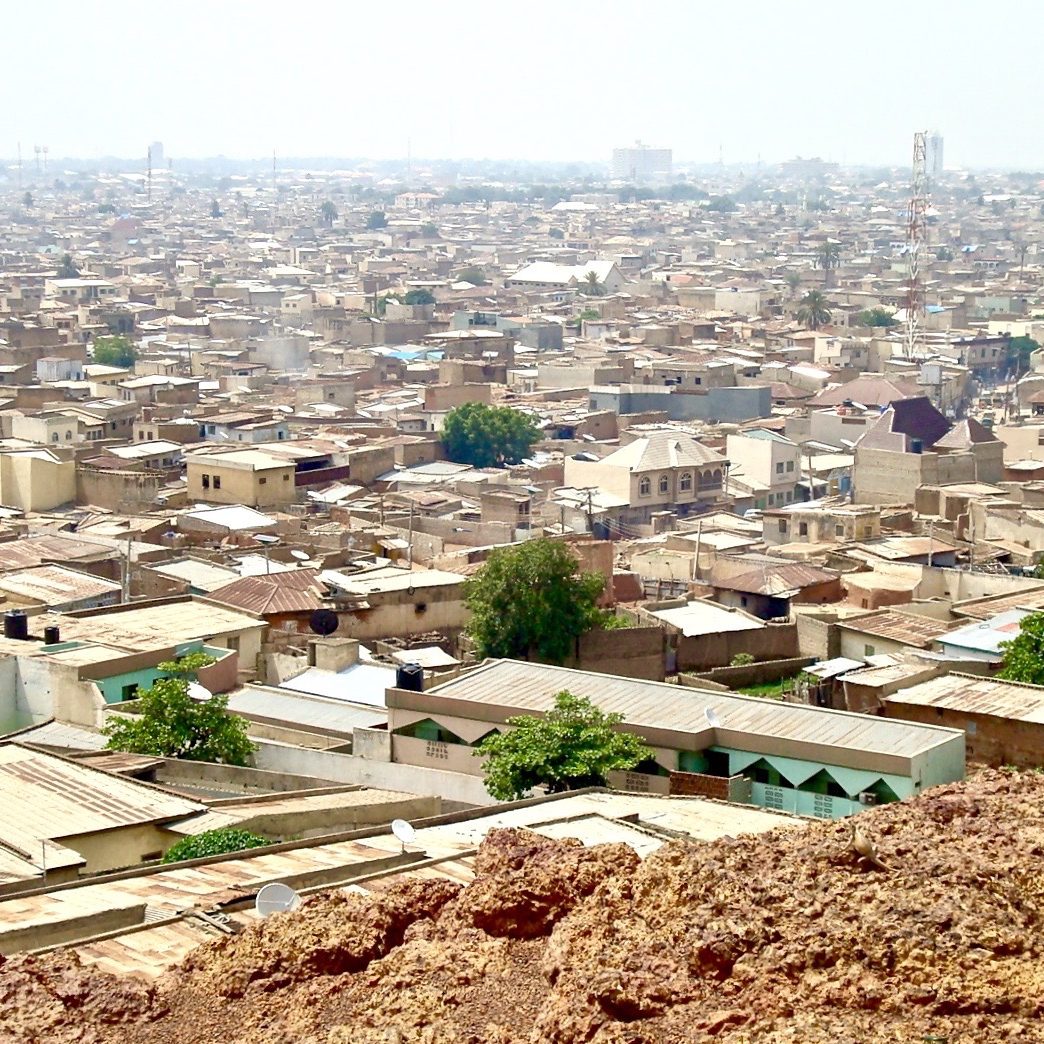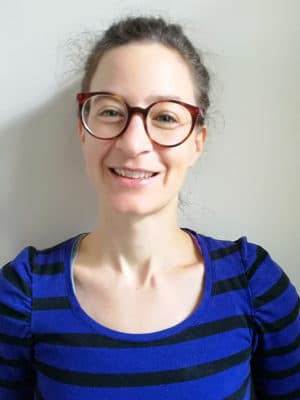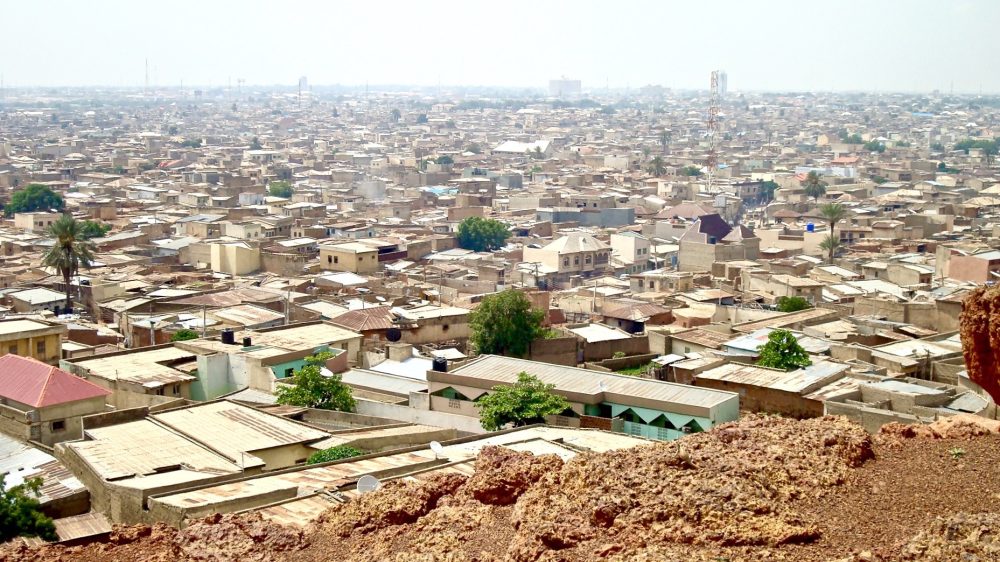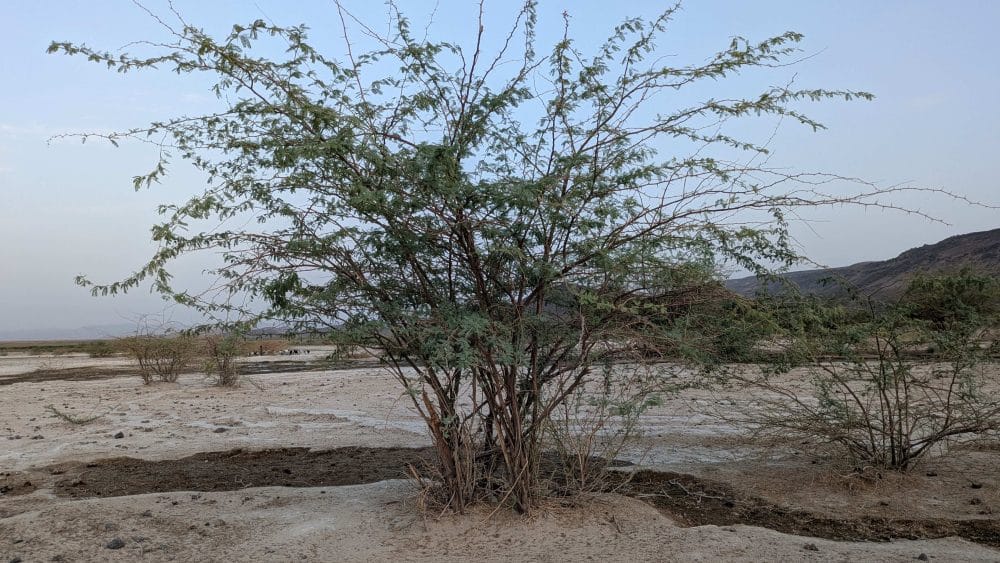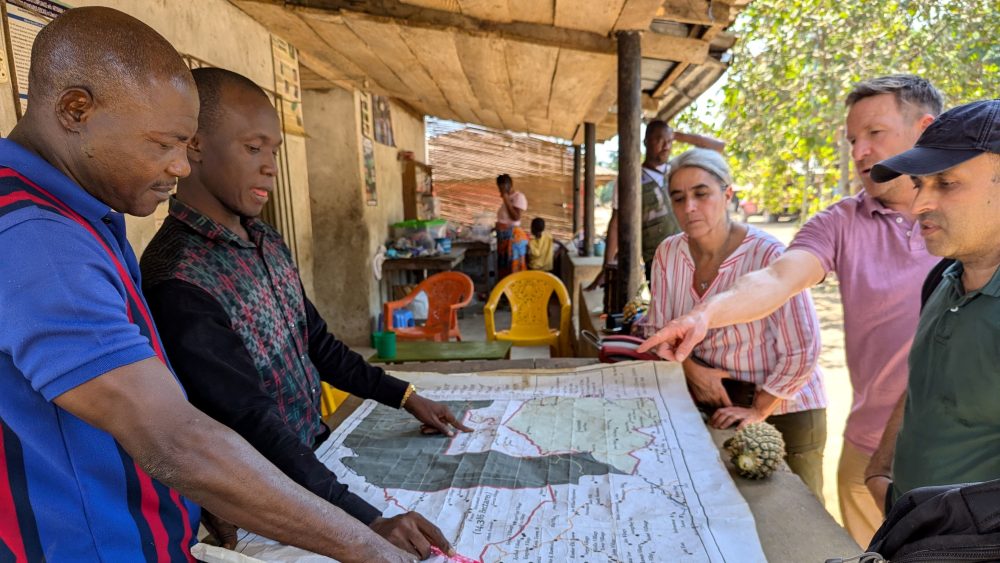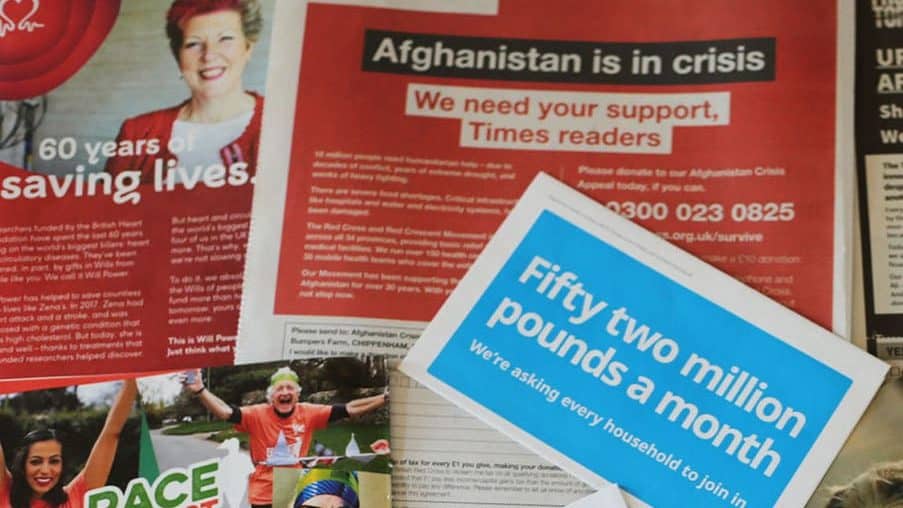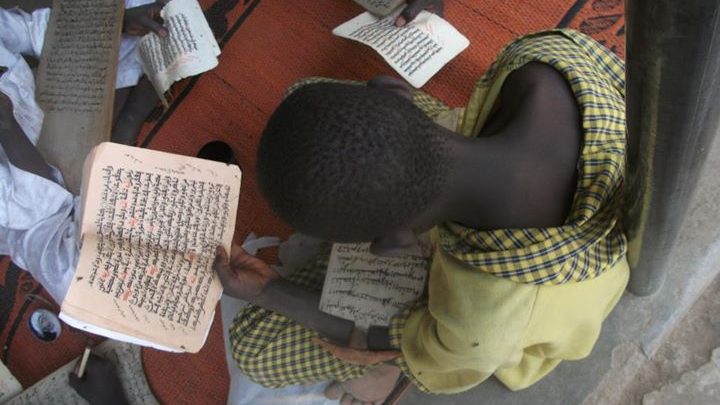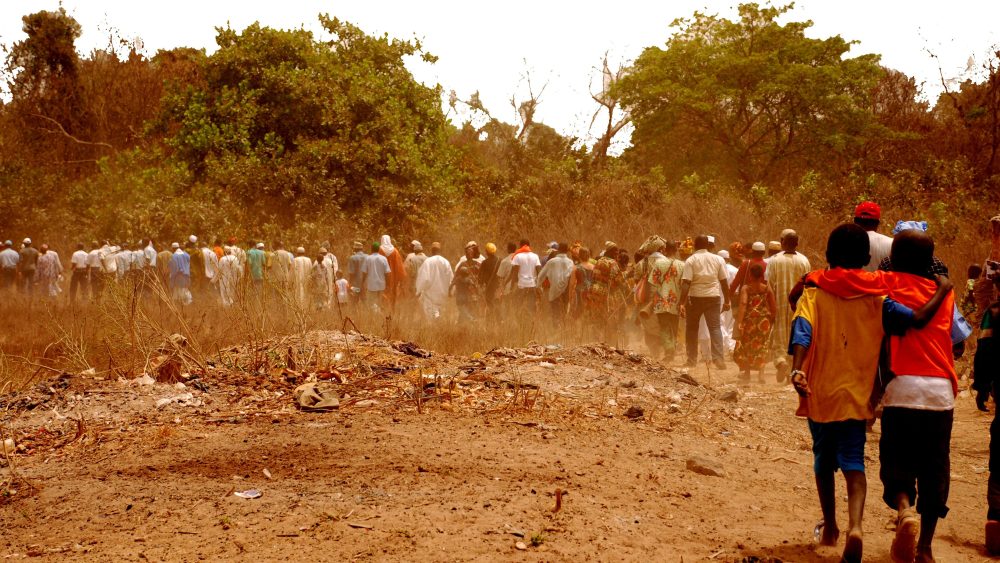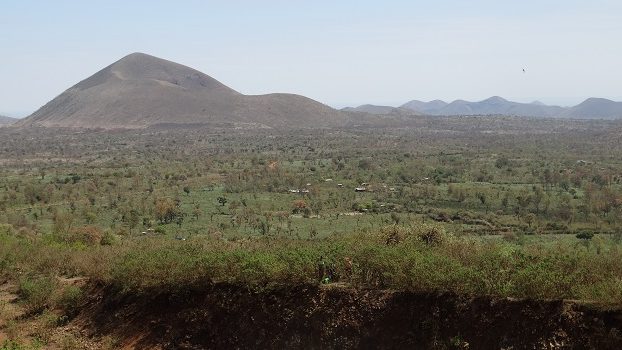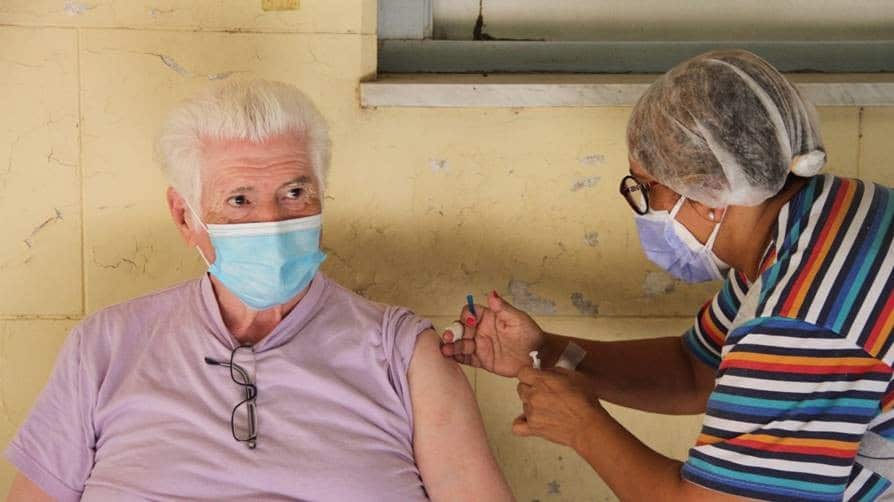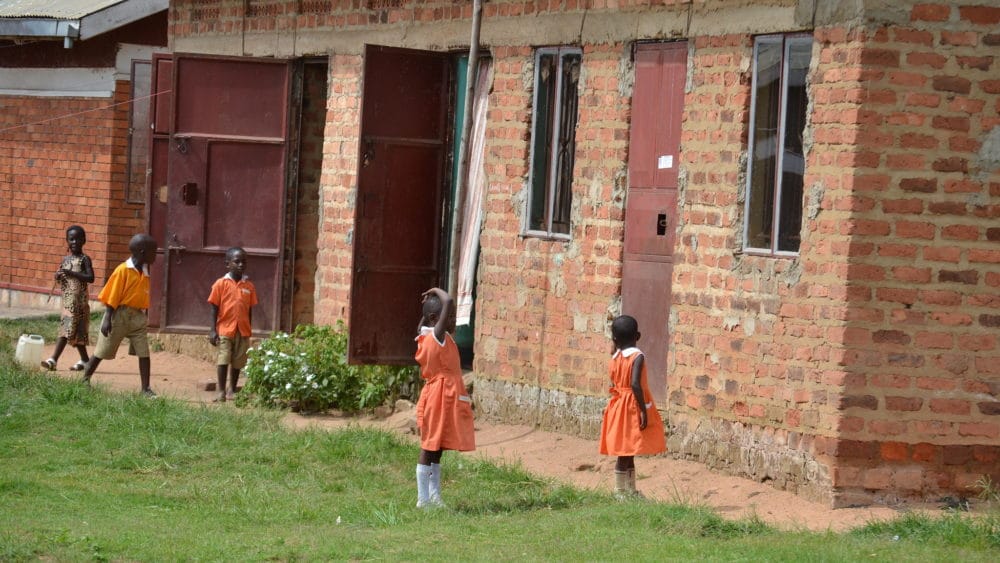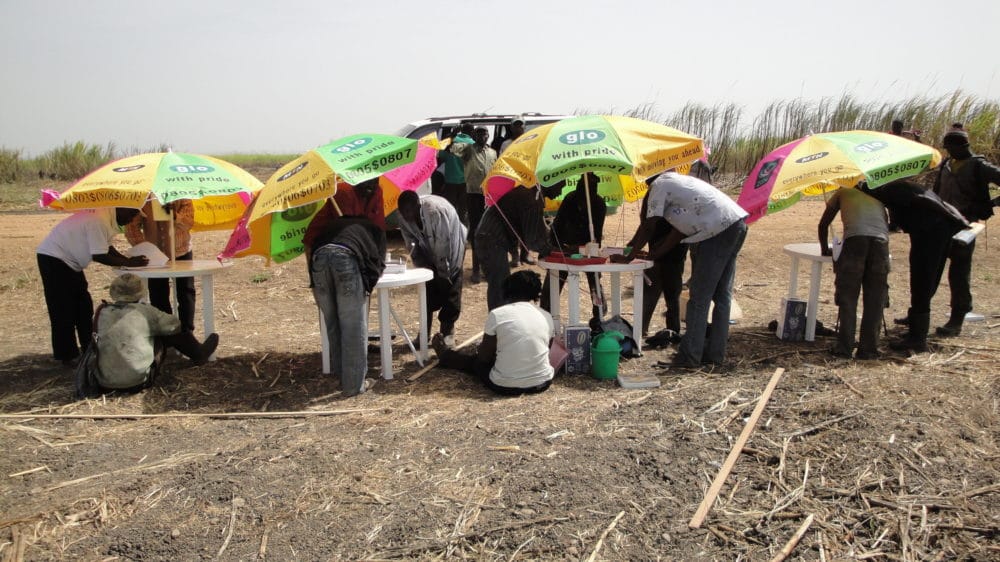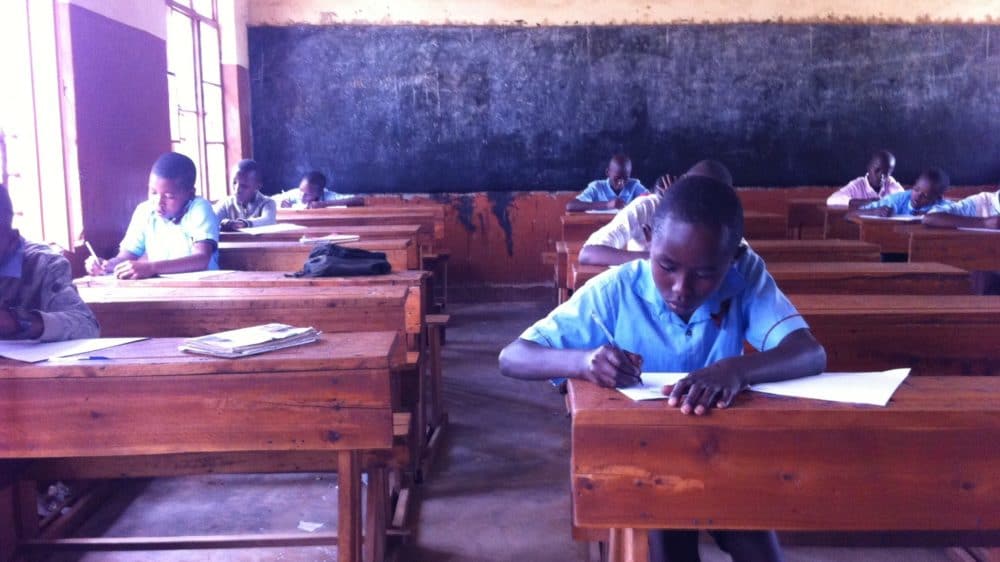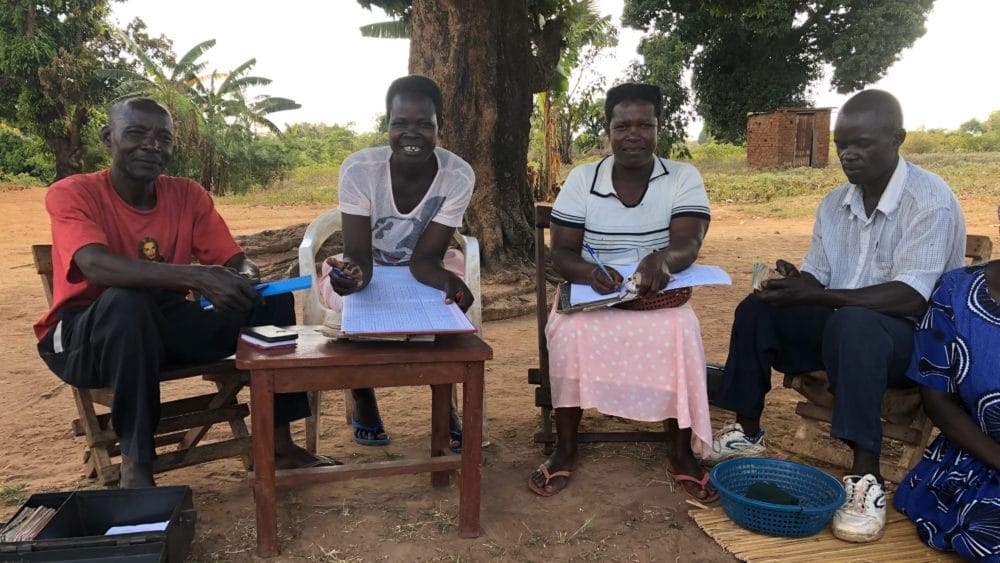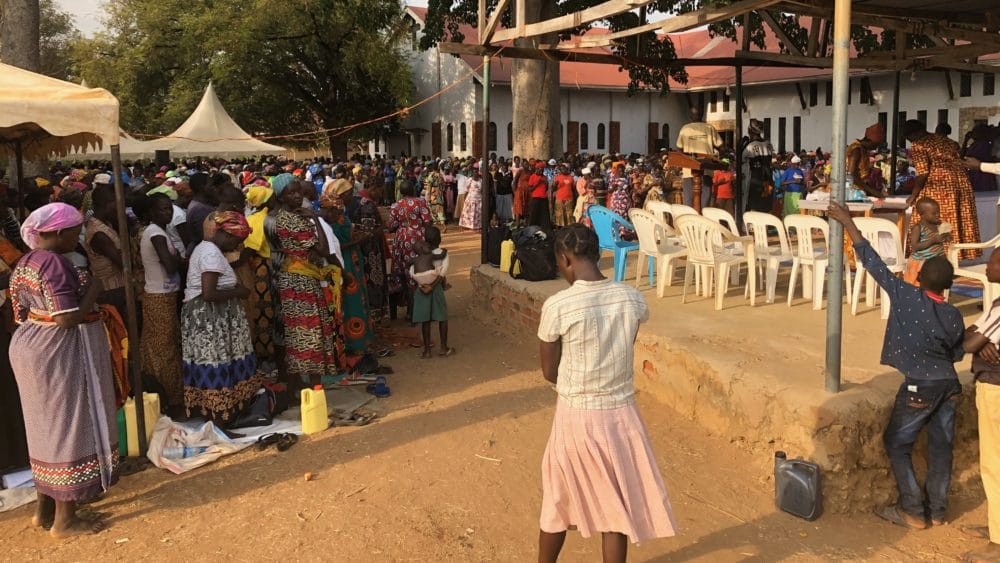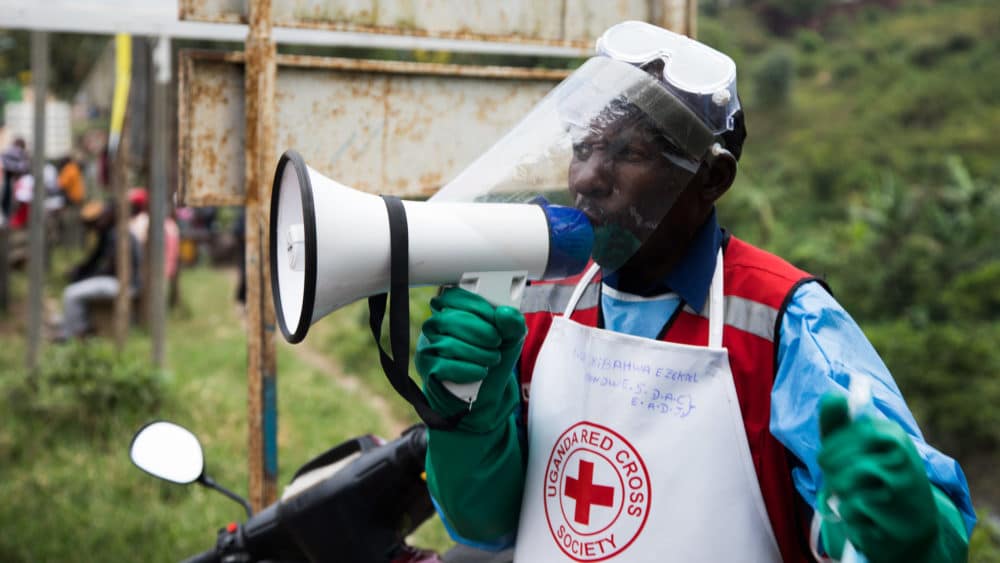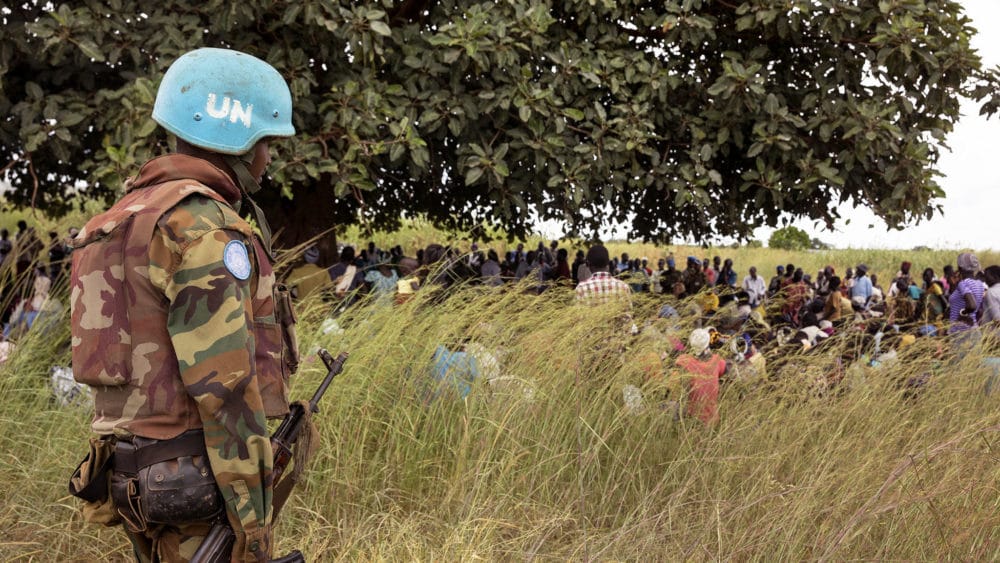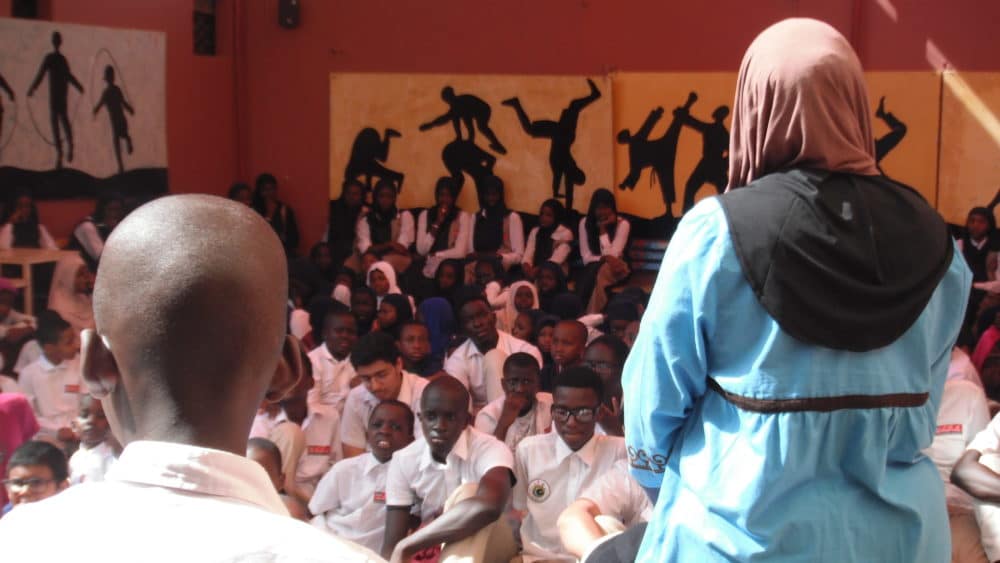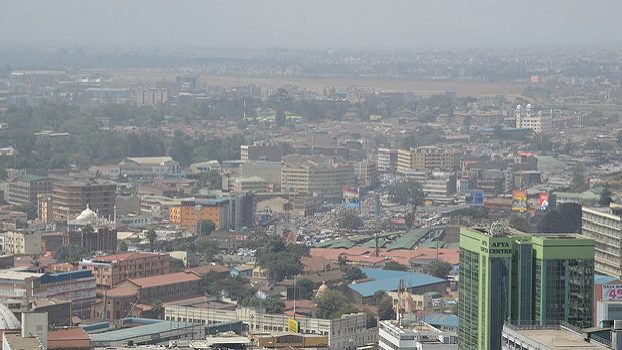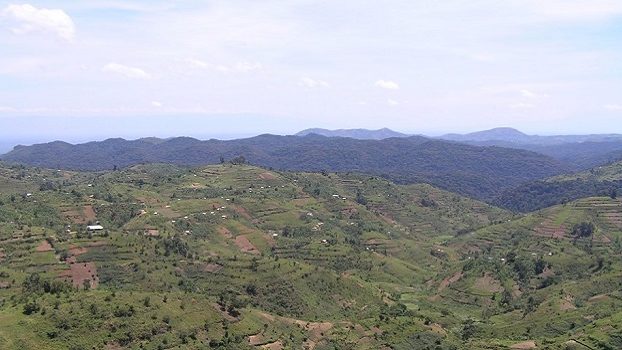This study documents experiences of the Covid-19 outbreak in Kano State in northern Nigeria. Northern Nigeria has a history of resistance against global public health measures. The drive to eradicate polio in the early 2000s failed as rumours spread that vaccines were intentionally contaminated with anti-fertility agents and HIV to decimate the Muslim population. Measures implemented to contain the Covid-19 outbreak have similarly been met by widespread suspicions that the pandemic is yet another Western plot to stymie the practice of Islam. Rumours are exacerbated by widespread perceptions of Nigerian politicians as self-interested and corrupt. A better understanding of how people ‘on the ground’ experience the pandemic as well as the measures taken to contain it is crucial to inform policy responses to infectious disease outbreak in Nigeria, as well as in other contexts where trust in state institutions and global public health coalitions is historically low.
Data were collected in the form of verbal ‘diary’ entries recorded by 15 individuals in Kano State via WhatsApp voice message from April-June 2020 whereby participants were invited to share their experiences and thoughts on particular topics related to the COVID-19 pandemic. This was complemented by semi-structured interviews specifically focused on the experiences of Qur’anic teachers and their students in the context of forced school clearances taking place in April and May 2020.
Photo credits: Frank Roger

